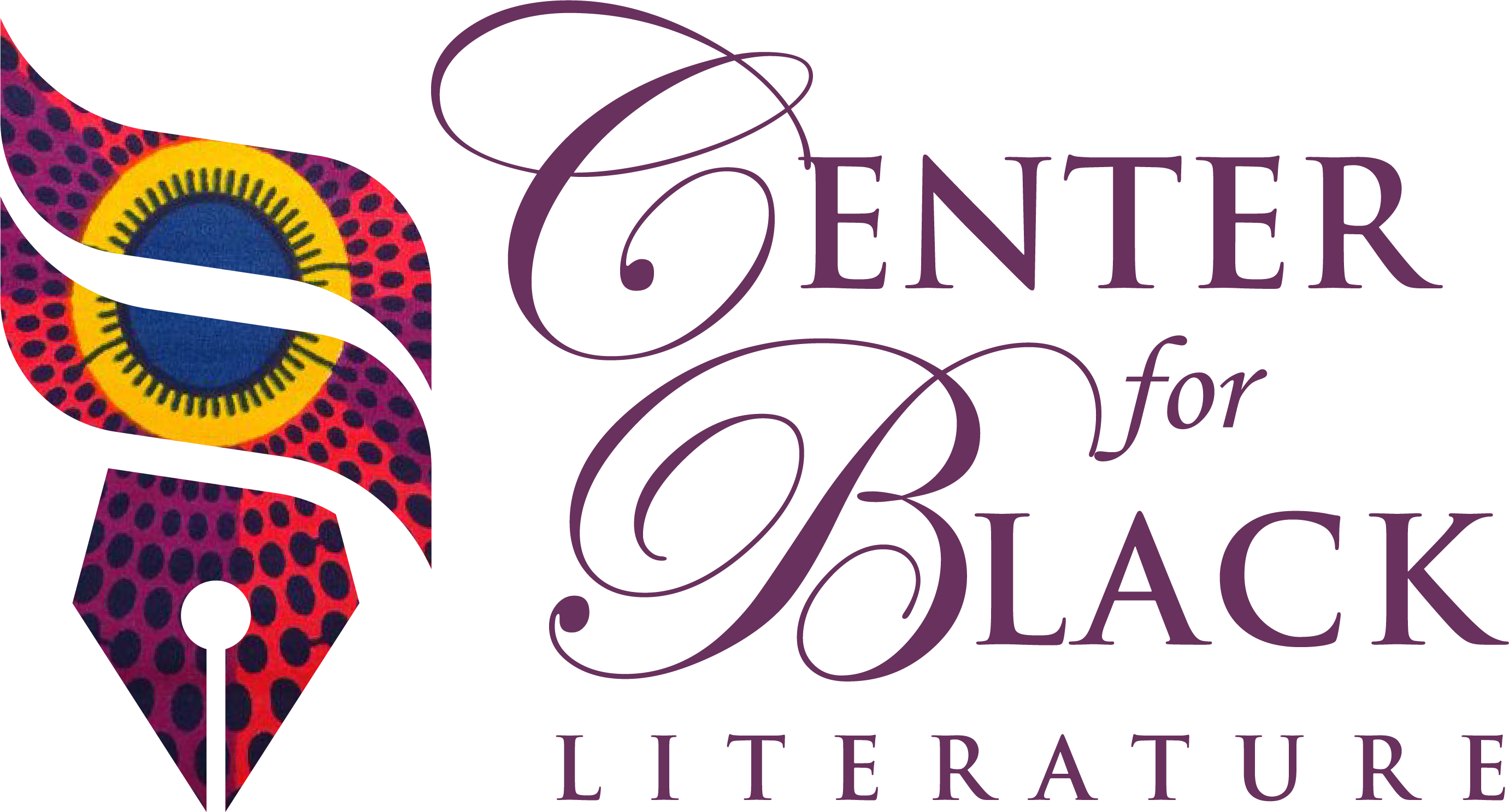By Keyshawn Jackson Allison | We are often told by our loved ones about the importance of family and ancestry. It is highly important to remember your ancestors no matter the terrible circumstances in the past they may have lived through or played a part in. Remembering ancestors allows culture to flourish and respect to be paid to the struggles endured by those who came before us. The novel Kindred, by Octavia Butler, encapsulates this concept, and the event I attended on the 16th of March expanded upon this theme.
To give a brief summary, Kindred is a novel that follows a protagonist known as Dana. An African American woman in the year 1976, Dana is then sent back to the early 1800s to Maryland during the period of slavery. Her ability to time travel pushes her to confront her ancestry and the terrible conditions of the early 1800s. The novel recently had a television adaptation that sought to retell the novel’s story and capture the important aspects that made Butler’s novel successful.
The event about Kindred was organized by the Women’s History Month Committee in collaboration with the Center for Black Literature. It was hosted by Tracey Squires, Dr. Mudiwa Pettus, and Cathie Wright Lewis, with guest speaker Courtney Lee-Mitchell, executive producer on the television series adaptation of the novel. The event drew a large crowd interested in both the novel and what the speakers had to say. The resulting discussion engrossed me in reading and learning more about the themes of the novel. I latched onto many topics raised during the event, particularly the discussion of the television series adaptation of the novel. This opened a gateway for discussing the theme of identity. The main character of Kindred becomes more in touch with her racial identity through the story when she comes in contact with her ancestors, a process that many individuals of any race can relate to.
Another topic that was raised was how the portrayal of the subject matter in the show departed from the book. The subject of slavery is a violent and depressing one. About this, the speakers noted several times that the book is darker than the show and does not shy away from details in certain scenes. Lee-Mitchell expressed that a deliberate decision was made with the show not to depict violent scenes like lashings or beatings. It is important to emphasize that this in no way takes away from the story being told. The show still exposes the violent and exploitative nature of slavery while also touching upon the corrupting nature of power. For example, the character Rufus, Dana’s white, slave-holding ancestor, initially has good intentions. Those good intentions dwindle, however, when he becomes a slave master. This led us to a discussion of how Dana’s experience in the novel serves as a reminder to be in touch with one’s history.
History has always been one of my favorite subjects. Although I haven’t read the book, I am more determined to pick it up after the event. Nevertheless, I did watch the show and I can see the scenes where Lee-Mitchell described them having to censor some of the more violent details described in the book. When reading the book, I’m hoping to further see the differences between these two different forms of storytelling. Although the show may succeed in certain aspects better than the book, so does the book in others. There are many limitations that come with making a show for television, just as there are limitations that come with writing a book. Understanding this allowed me to have a better viewing experience.

